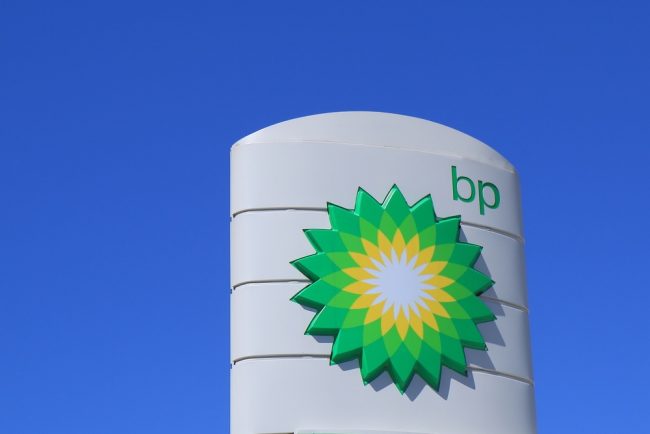The company made $933m (£763m) on an underlying replacement cost basis, compared with $1.8bn a year earlier, the BBC reports.
BP blamed falling oil prices for its fall, saying it was affected by a “weaker price and margin environment”.
Rival oil company Royal Dutch Shell reported third-quarter profits of $2.8bn, up 18% from last year.
‘On track’
BP’s chief financial officer Brian Gilvary said: “We continue to make good progress in adapting to the challenging price and margin environment.
“We remain on track to rebalance organic cash flows next year at $50 to $55 a barrel, underpinned by continued strong operating reliability and momentum in resetting costs and capital spending.
“At the same time, we are investing in the projects, businesses and options to deliver growth in the years ahead.”
BP also cut its investment plans for this year. It now expects to spend $16bn on capital expenditure this year, compared with a previous prediction of $17-19bn. For 2017, it is forecasting investment of $15-17bn.
‘Significant challenge’
Shell chief executive Ben van Beurden warned that falling oil prices were also still an issue for them, despite the company’s better-than-expected figures.
“Shell delivered better results this quarter, reflecting strong operational and cost performance,” he said. “But lower oil prices continue to be a significant challenge across the business and the outlook remains uncertain.
Earlier this year, Shell completed its purchase of BG Group for $50bn. It is now aiming to cut costs and sell $30bn of assets in order to reduce debts.
Last week, Shell said it had sold Canadian oil and gas assets for $1bn as part of its asset-sale programme.
“Our investment plans and portfolio actions are focused firmly on reshaping Shell into a world-class investment case at all points in the oil-price cycle,” said Mr van Beurden.
“We are making good progress towards this aim in spite of current challenging market conditions.”


